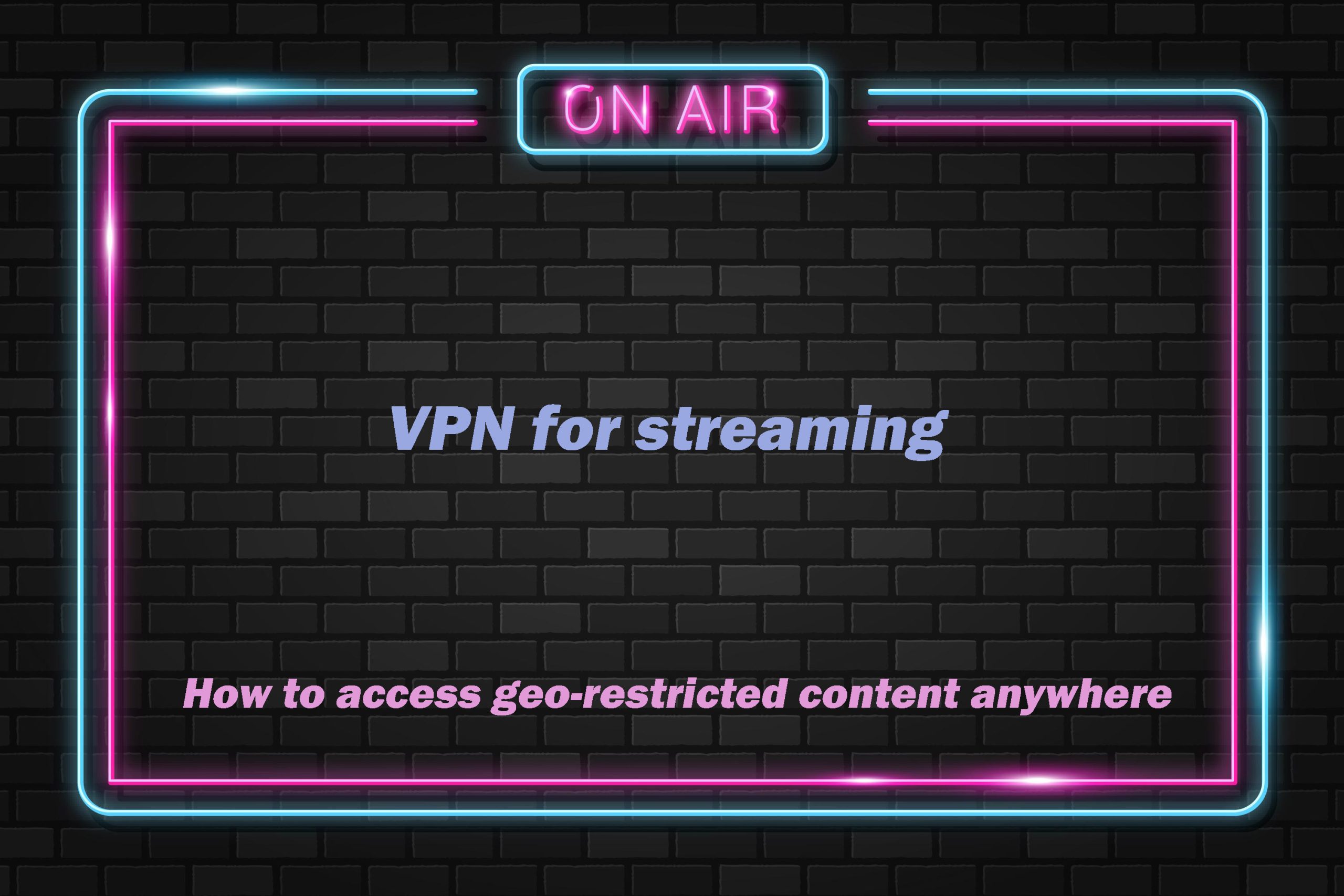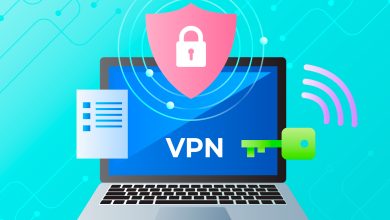VPN for Streaming: How to Access Geo-Restricted Content Anywhere
Streaming has revolutionized the way we consume entertainment, giving us a vast selection of movies, TV shows, and other content that we can access at any time. However, geo-restrictions can be a frustrating obstacle, limiting access to certain content based on geographic location. That’s where the Virtual Private Network (VPN) comes in, a powerful tool that lets you bypass these restrictions and access geo-blocked content from anywhere in the world. In this article, you’ll learn how VPNs work for streaming and get tips on how to make the most of this technology.
Understanding geo-restrictions
Geo-restrictions are implemented by streaming platforms and content providers to control access to their content. They use your IP address to determine your location and then restrict or grant access to content accordingly. For example, if a TV show is only licensed for streaming in the United States, users with IP addresses outside the U.S. may receive a “not available in your region” message.
How VPNs work for streaming
A VPN redirects your Internet traffic through a server located in a different region or country. In this process, you are temporarily assigned a new IP address that is associated with the server’s location. Below, you’ll learn how this process helps you access geographically restricted content:
Masking your IP address: When you connect to a VPN server, your real IP address is hidden. Instead, streaming platforms see the IP address of the VPN server you are connected to. If the server is in a location where the content is available, you can access it.
Bypassing geo-restrictions: Since your IP address is effectively “spoofed”, streaming platforms are fooled into thinking that you are in a different location. In this way, you gain access to content that may be restricted in your actual location.
Encrypting your connection: VPNs also encrypt your internet traffic, increasing your online security and privacy when streaming.
Benefits of using a VPN for streaming
Access to global content libraries: VPNs allow you to access content libraries from around the world. For example, you can watch exclusive UK shows from the United States or access the extensive content catalog of another country’s streaming service.
Enhanced privacy and security: VPNs encrypt your data, making it harder for ISPs and hackers to monitor your online activity. This extra layer of security is especially valuable if you use public Wi-Fi networks.
No more buffering: some ISPs throttle streaming traffic during peak hours, which can cause buffering issues. With a VPN, this throttling can be bypassed, ensuring a smoother streaming experience.
Streaming over public Wi-Fi: When you travel or use public Wi-Fi, it’s important to secure your connection. VPNs protect your data from potential eavesdroppers on unsecured networks.
Bypass censorship: In regions with strict online censorship, VPNs can help you access your favorite streaming platforms and content that might otherwise be blocked.
Choosing the right VPN for streaming.
Not all VPNs are created equal, and choosing the right one is crucial for a smooth streaming experience. Here are some factors you should consider:
Server locations: Choose a VPN provider with a large network of servers, especially in the regions from which you want to access content.
Speed: Look for a VPN service with fast servers to ensure smooth streaming without buffering issues.
Streaming compatibility: make sure the VPN is compatible with popular streaming platforms like Netflix, Amazon Prime Video, Hulu, and Disney+.
No-log policy: opt for a VPN with a strict no-logs policy to protect your privacy.
User-friendly interface: A user-friendly VPN client makes it easy to set up and use the service, especially if you’re new to VPN technology.
Customer support: reliable customer support can be crucial if you encounter any issues while streaming.
Tips for using a VPN for streaming
Choose the right server: To access certain content, connect to a server in the region where the content is available. For example, connect to a UK server to access UK content.
Check for VPN blocking: some streaming platforms have taken measures to detect and block VPN traffic. In such cases, you may need to try different VPN servers or providers to find one that works.
Test connection speed: Before streaming, make sure that your VPN connection is stable and offers sufficient speed for high-quality streaming.
Clear browser cache: If you are having problems, try clearing your browser’s cache and cookies as they may contain location information
A VPN is a valuable tool for streaming enthusiasts who want to tap into a world of content beyond their geographical boundaries. By masking your IP address, encrypting your connection and giving you access to servers around the world, VPNs allow you to enjoy the best of global streaming platforms. When used responsibly and in compliance with the streaming providers’ terms of use, a VPN can greatly improve your streaming experience and open up a universe of entertainment possibilities for you. Thus, the next time you encounter a geographical limitation, remember that a VPN is your key to accessing your favorite contents from anywhere in the world.




